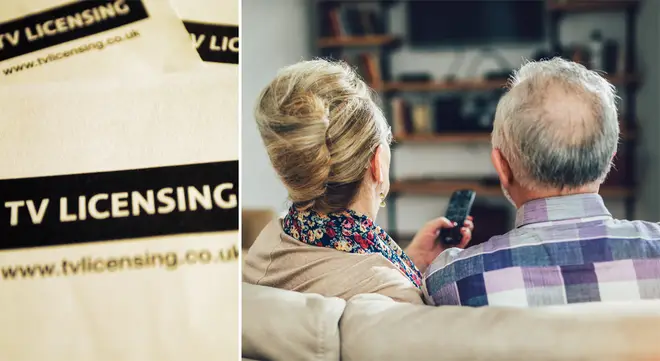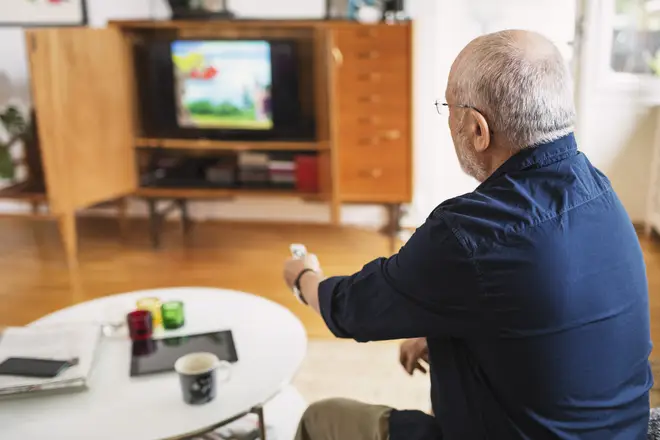Millions of pensioners could lose free TV licence, BBC confirms
10 June 2019, 14:30 | Updated: 10 June 2019, 14:46

The BBC have revealed they have axed free TV licences for millions of over-75s.
It’s now been revealed that pensioners will have to pay for their TV licenses, having previously received them for free.
Currently, all households with someone aged 75 or over don’t have to pay the usual fee of £154.50 a year for a colour TV and £52 for black and white.
But the changes - coming into force in June 2020 - could affect up 3.7 million people around the country.
BBC chairman David Clementi has called it a "very difficult decision", but a necessary adjustment.
"We think it’s fair to those over 75 but also to all our audiences for whom there was no appetite for the level of cuts that would have been necessary if the concession had been extended," he said.

Before adding: "There are people for whom this will be unwelcome news, who have not paid until now but will do so."
It follows a consultation with 190,000 people, in which the small majority (52%) voted in favour of changing free licences for OAPs.
Read More: The Killing Eve UK release date: BBC One finally announces air date
While 37% were in favour of reforming the current rules, 15% voted to scrap them completely.
However, the BBC has since ensured that all housesholds receiving Pension Credit will still be eligible.
Pension Credit is a tax-free benefit aimed at retired people on low incomes and can be worth up to thousands of pounds a year.
BBC reports that 900,00 households are currently claiming the weekly top up, but those who are eligible could rise to 1.5 million by 2020.
The free TV licence was introduced back in 2000 in an attempt to reduce pensioner poverty after the government found that the licence fee could be a source of concern for a lot of people over the age of 75.
More than a decade later in 2015, it was announced that the BBC would cover the cost of providing free licences for over-75s.
Government ministers said the move would be phased in from 2018-19 and was expected to cost the company a total of £745m which is a fifth of their budget.


































